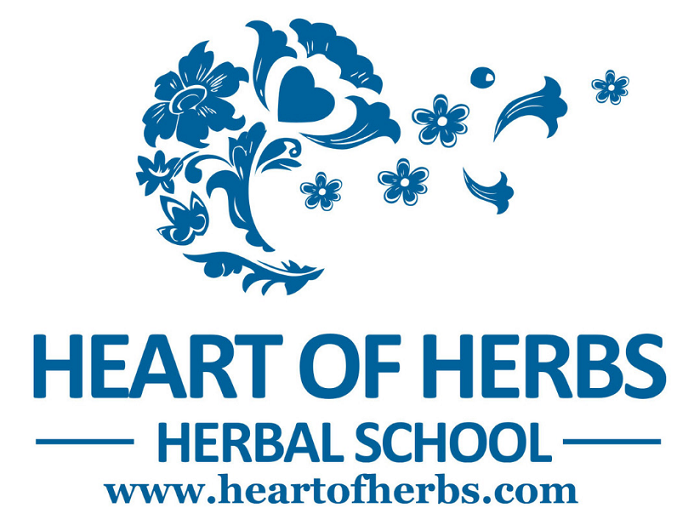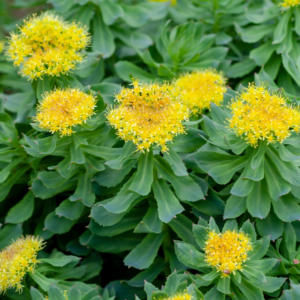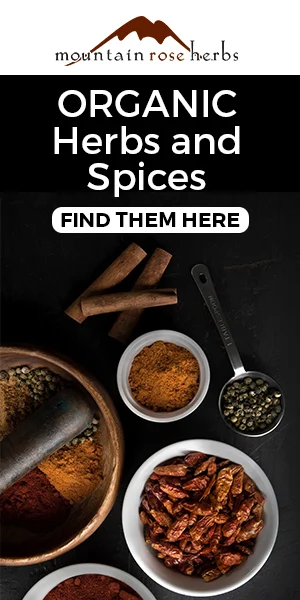Herbs to Reduce Cortisol
Lowering cortisol levels can help reduce stress, enhance sleep, support immune function, and create an overall feeling of calm. Some herbs, especially adaptogens, effectively regulate cortisol production, allowing the body to manage stress more efficiently. These herbs to reduce cortisol are beneficial in so many ways.
Here are some of the best herbs known to reduce cortisol:
Ashwagandha
- Benefits: Ashwagandha is one of the most researched adaptogens for cortisol reduction. It helps lower cortisol levels, reduces stress, improves energy, and enhances overall resilience to stress.
- How to Use: Ashwagandha is available in powder, capsule, or tincture form. Additionally, its effects on cortisol build over time, so take it consistently.
Rhodiola
- Benefits: Rhodiola helps reduce cortisol levels by balancing the body’s stress response, especially under chronic stress. It can improve mental clarity, reduce fatigue, and help the body recover from stress.
- How to Use: Rhodiola is commonly taken as a capsule or tincture. Moreover, it’s best taken in the morning or early afternoon to avoid any stimulating effects close to bedtime.
Holy Basil (Tulsi)
- Benefits: Holy basil, or tulsi, is a calming adaptogen known to lower cortisol levels, reduce anxiety, and improve mental focus. It also supports a balanced mood and mental clarity.
- How to Use: Holy basil can be taken as a tea, tincture, or capsule. In addition, drinking tulsi tea throughout the day can be an effective way to manage cortisol.
Lemon Balm
- Benefits: Lemon balm is calming and reduces cortisol levels by easing anxiety and promoting relaxation. In addition, it’s beneficial for cortisol-related sleep issues and mood swings.
- How to Use: Lemon balm can be taken as tea, tincture, or in capsule form. Drinking lemon balm tea in the evening helps promote relaxation and cortisol balance.
Reishi Mushroom
- Benefits: Reishi is a calming adaptogen that helps balance cortisol by reducing stress and promoting a restful sleep cycle, which is crucial for cortisol regulation. It also supports immune health.
- How to Use: Reishi can be taken as a powder, capsule, or tincture. Many people prefer to take it in the evening for its relaxing effects.
Schisandra Berry
- Benefits: Schisandra helps the body adapt to stress and regulates cortisol levels. Known for improving mental clarity, reducing fatigue, and supporting liver health, which is essential for hormone balance.
- How to Use: Schisandra is available as powder, tea, tincture, or capsules. Furthermore, Schisandra tea or tincture is famous for daily cortisol support.
Chamomile
- Benefits: Chamomile is not an adaptogen but is well-known for its calming effects. It can reduce cortisol indirectly by promoting relaxation and improving sleep quality.
- How to Use: Drinking chamomile tea in the evening can help reduce stress and cortisol levels, making it easier to fall asleep and stay asleep.
Passionflower
- Benefits: Passionflower helps reduce cortisol by lowering anxiety and promoting calmness. It’s beneficial for those who experience stress-related insomnia.
- How to Use: Passionflower is commonly taken as a tea or in tincture form. Moreover, drinking passionflower tea in the evening helps relax the nervous system.
Licorice Root
- Benefits: Licorice root helps balance cortisol by prolonging its effects on the body, which can be beneficial for people with low cortisol levels. However, it should be used with caution and under guidance, as it can affect blood pressure.
- How to Use: Licorice root can be taken in tea, tincture, or capsule form. Deglycyrrhizinated licorice (DGL) is an option that doesn’t affect blood pressure but may have less impact on cortisol.
Magnolia Bark
- Benefits: Magnolia bark contains compounds that reduce cortisol levels, alleviate anxiety, and promote restful sleep. It’s beneficial for people who experience high cortisol due to chronic stress.
- How to Use: Magnolia bark can be taken as a tincture or capsule. Due to its calming effects, it’s often taken in the evening.
Gotu Kola
- Benefits: Gotu kola helps calm the nervous system, reduces stress, and improves mental clarity. It can gently balance cortisol levels and is beneficial for long-term stress management.
- How to Use: Gotu kola can be taken in tea, tincture, or capsule form. It’s generally safe for long-term use and can be taken at any time of day.
Valerian Root
- Benefits: Valerian root has calming properties that promote relaxation, reduce anxiety, and improve sleep. It helps balance cortisol levels indirectly by supporting a restful night’s sleep.
- How to Use: Valerian root can be taken as tea, tincture, or capsule, generally in the evening, as it has sedative effects. This herb to reduce cortisol has so many beneficial actions.
Tips for Using Herbs to Reduce Cortisol
- Consistency is Key: Herbs, especially adaptogens, work best when taken consistently over time, typically for several weeks to a few months.
- Rotate Adaptogens: Some people find better results by rotating adaptogens every few months to maintain effectiveness.
- Lifestyle Support: Incorporating stress management techniques like meditation, yoga, deep breathing, and regular exercise can amplify the effects of these herbs.
- Monitor Symptoms: Track any changes in mood, energy, and sleep quality to see how each herb affects cortisol balance. Moreover, use this an an opportunity to get to know your body.
- Consult a Healthcare Provider: If you are on medication or have a medical condition, speak with a healthcare provider before using herbs to ensure they are safe for you.
These herbs can be powerful allies in managing cortisol levels, enabling the body to respond to stress more effectively. They can help improve sleep and promote a greater sense of calm. By taking a holistic approach and combining these herbs with stress-reducing practices, you can significantly enhance overall well-being and resilience to stress.
Disclaimer
Disclaimer Blog
The information presented on the Heart of Herbs Herbal School/Demetria Clark websites is for educational purposes only. Heart of Herbs Herbal School/Demetria Clark Education LLC makes neither medical claims nor intends to diagnose or treat medical conditions. Links to external sites are for informational purposes only. Heart of Herbs Herbal School/Demetria Clark neither endorses them nor is in any way responsible for their content. Readers must do their own research regarding the safety and usage of any herbs, recipes, or supplements.
Affiliate Disclosure
Some posts contain affiliate links. When you click on these and make a purchase the cost is the same for you, but we earn a small commission that helps me to provide scholarships to students. We only promote products that we know our clients have liked themselves.
Heart of Herbs Herbal School is a Amazon affiliate. As an Amazon Associate, we earn from qualifying purchases.



